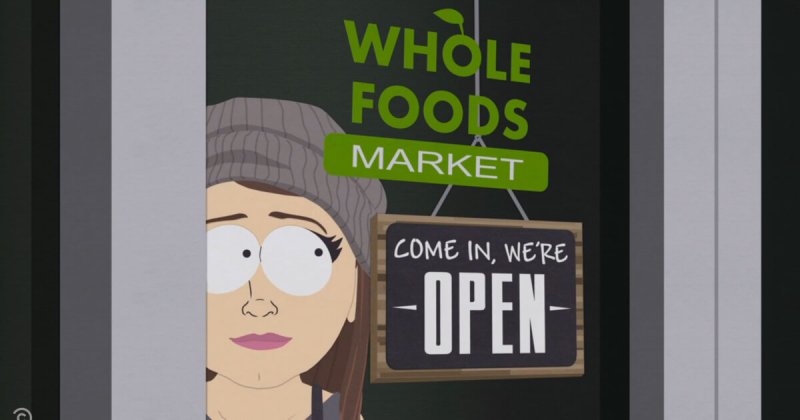[Editor’s note: Jenny Splitter is a writer, storyteller and mother of two.]
Whole Foods used to be my idea of grocery heaven.
…
But eventually, I fell out of love. Or, to be more specific, I changed my mind about organic food after reading the research: It turns out organic isn’t more nutritious or even necessarily better for the planet. So I pretty much stopped shopping at Whole Foods altogether.
…
Why not revolutionize grocery shopping all over again? Only this time, the revolution should be powered by science and agronomy, and not misleading marketing.
If Whole Foods listed all of the pesticides used on every fruit and vegetable, whether natural or synthetic, consumers might begin to understand that both conventional and organic produce are grown with pesticides, and what matters more is the toxicity of the pesticide used.
This new science-based labeling system should also make it crystal clear that trace pesticide residues aren’t dangerous for consumers — as long as the residues measure below the tolerance levels set by the U.S. Environmental Protection Agency (and they do, year after year), then they aren’t a cause for concern.
…
[W]hat people really need to understand — and what Whole Foods has the power to show them — is that there really is no such thing as a GMO. It’s a breeding method, not an ingredient.The GLP aggregated and excerpted this blog/article to reflect the diversity of news, opinion, and analysis. Read full, original post: Whole Foods Would Look a Lot Different If It Were Science-Based































